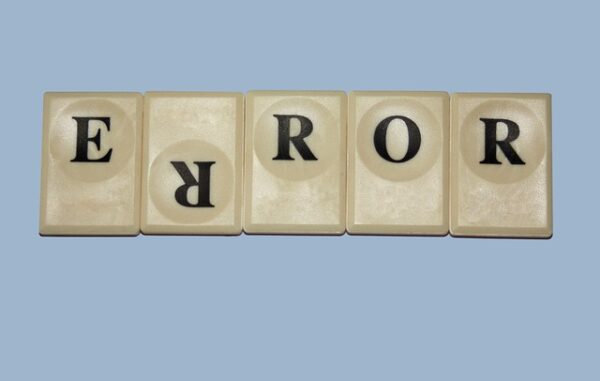I’ve come across many medication errors in my years of clinical practice. I’ve compiled a list of patient and healthcare professional mistakes and wanted to share another one that I’ve seen. The abbreviation error, in this case, was inadvertently interpreted as an order to hold a medication.
A 78-year-old female was admitted to a skilled nursing facility. The patient has a history of cardiovascular disease with 2 previous heart attacks, atrial fibrillation, back pain, hyperlipidemia, and hypertension. The admission medication orders read as follows:
- Metoprolol 25 mg BID for HTN
- Aspirin 81 mg daily for heart health
- Lisinopril 10 mg daily
- Amiodarone 200 mg BID Afib
- Acetaminophen 500 mg Q4 hrs PRN
- Atorvastatin 40 mg daily HLD
- Clopidogrel 75 mg daily
Upon my review of the record, I found it unusual that the atorvastatin was on hold, not to mention that it wasn’t maximized to 80 mg given the significant cardiac history. The admitting nurse who did the medication reconciliation noted the “HLD” after the atorvastatin order and assumed it meant it needed to be “HELD” upon admission. This was the abbreviation error that caused the patient to miss their usual dose of atorvastatin.
I reviewed the history and physical information and the discharge summary. There was no clinical reason to hold the atorvastatin. The abbreviation HLD did not mean “hold”, it was intended to be used for the indication of hyperlipidemia.
While this doesn’t show up on ISMP’s list of error-prone abbreviations, I think it emphasizes the importance of doing our best to avoid using abbreviations altogether.
- 30 medication mistakes PDF
- 18+ Page Drug Interaction PDF
- 10 Commandments of Polypharmacy Webinar based on my experiences in clinical practice



0 Comments